Supplements & dietary supplements – facts instead of myths
Why dietary supplements are not a substitute for a healthy diet
We often hear that you can't achieve athletic success without supplements.
But the truth is: dietary supplements are just that – a supplement. A healthy, balanced diet is always the foundation.
Supplements can help when diet alone isn't enough, but they are no substitute for healthy meals.
The role of supplements in training and everyday life
-
Training
Support muscle building, recovery, and performance.
-
Everyday life
Fill nutrient gaps when nutrition is suboptimal.
-
Health
Can help prevent deficiencies.

What are supplements?
Supplements are products that specifically deliver nutrients such as proteins, vitamins, minerals, or other active ingredients. They come in various forms: powder, tablets, capsules, or liquid. Essentially, they are intended to supplement, not replace, your daily diet.
Scientific Background
-
Bioavailability: Some nutrients from supplements are less readily absorbed than from natural foods.
Synergistic Effects: Many nutrients work together – taking them in isolation may be less effective.
No Miracle Cures: Without training and a balanced diet, even the best supplements are useless.
Myths and Misinformation

Myths and Misinformation
"Protein shakes make you fat": False, it's all about your calorie balance.
"More is better": Too high doses can be harmful (e.g., vitamin D overdose).
"Natural supplements are always better": Natural doesn't automatically mean healthier.
Did you know that many supplements, despite high dosages of ingredients, have little effect because your body can only partially absorb them or not at all?
Bioavailability determines whether a supplement actually works or just produces expensive urine!
Useful supplements for sports and everyday life
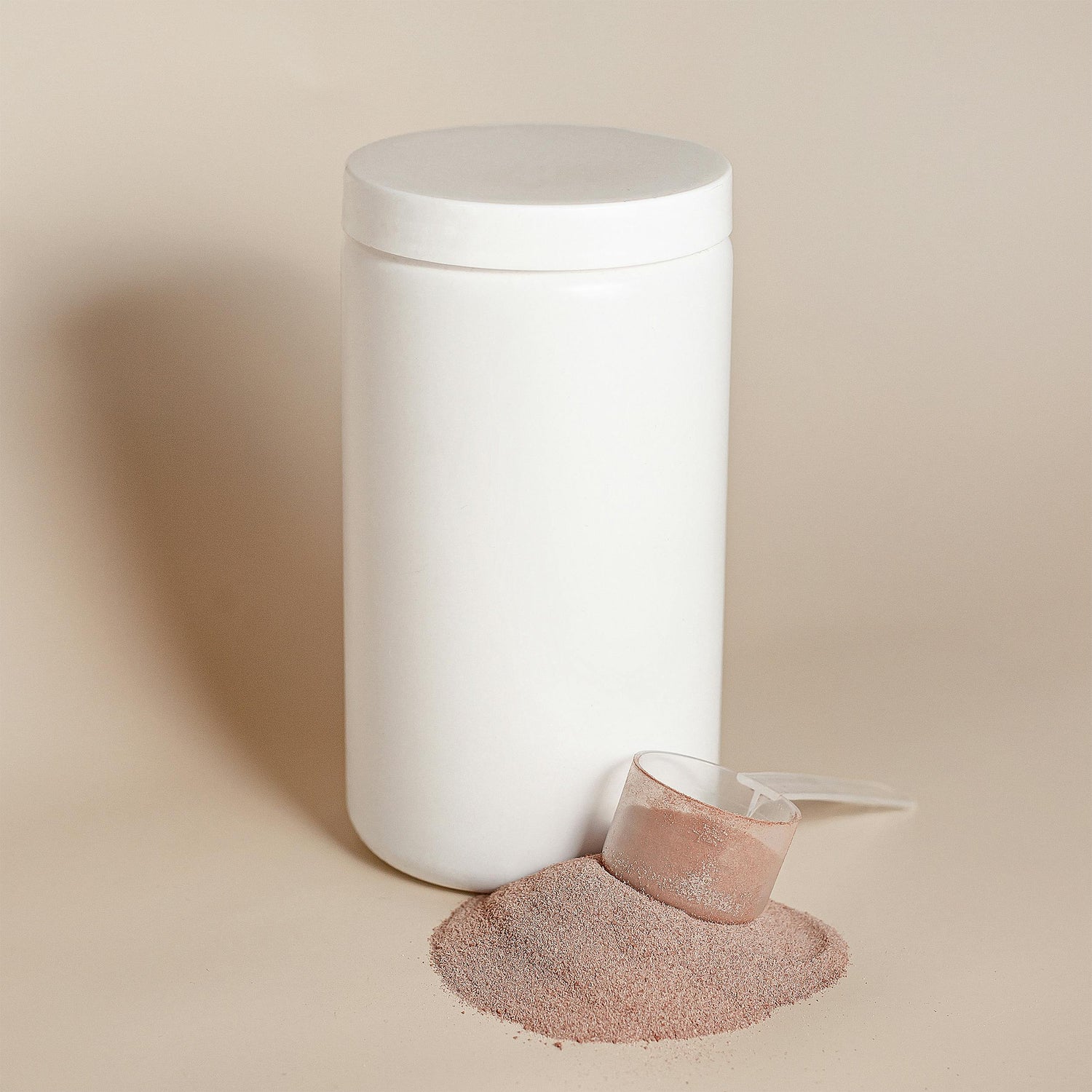
Useful supplements
Protein powder
(whey, casein, vegan alternatives)
Effect: Supports muscle building, rapid recovery.
When to use: When protein needs are increased or when you have little time for meals.
Advantage: Easily digestible and versatile (shakes, porridge, baking).
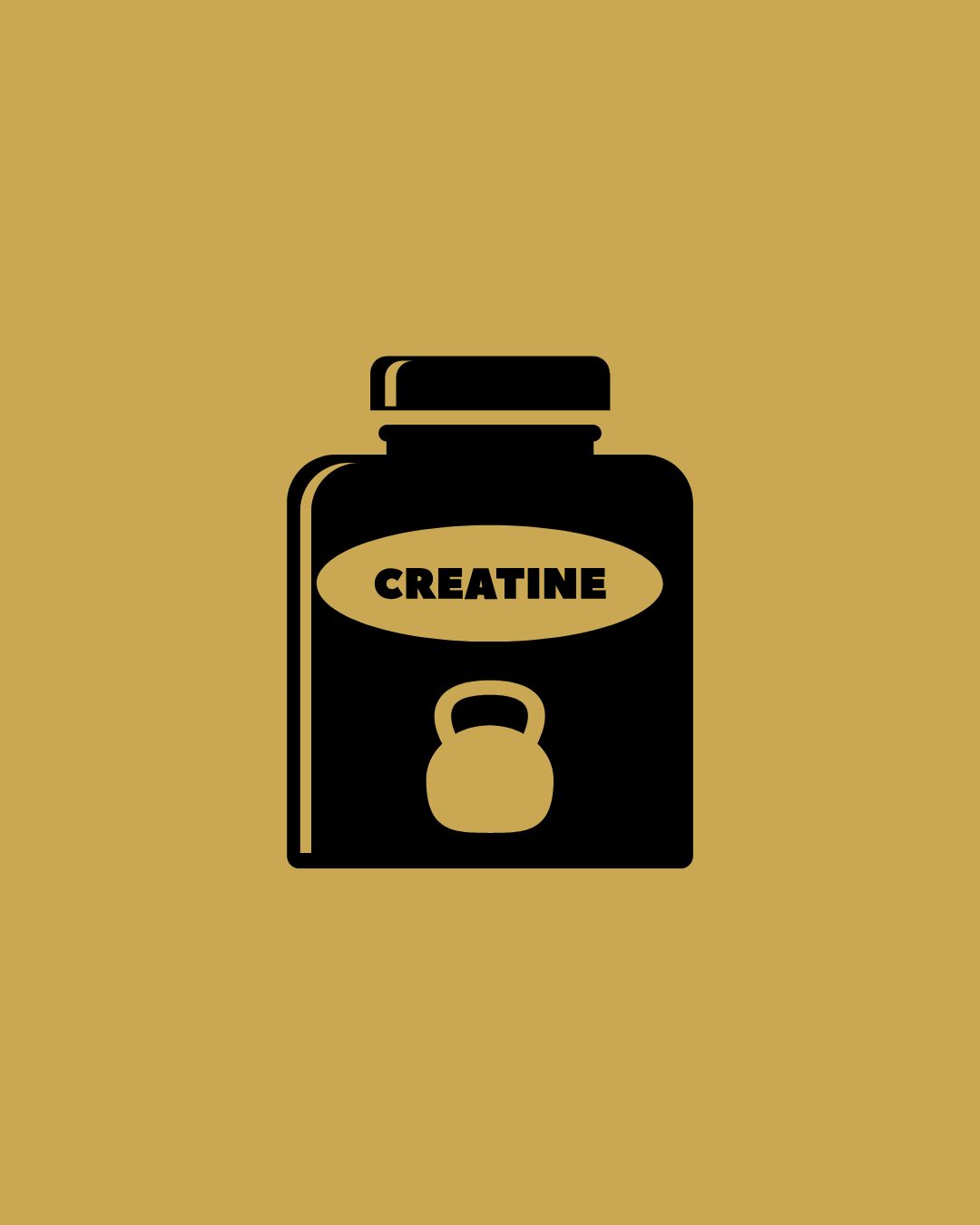
Useful supplements
Creatine
Effect: Increases muscle strength and improves performance.
When it's useful: For strength training and sports with short, intense bursts.
Advantage: Well-researched, no known long-term side effects with proper dosage.
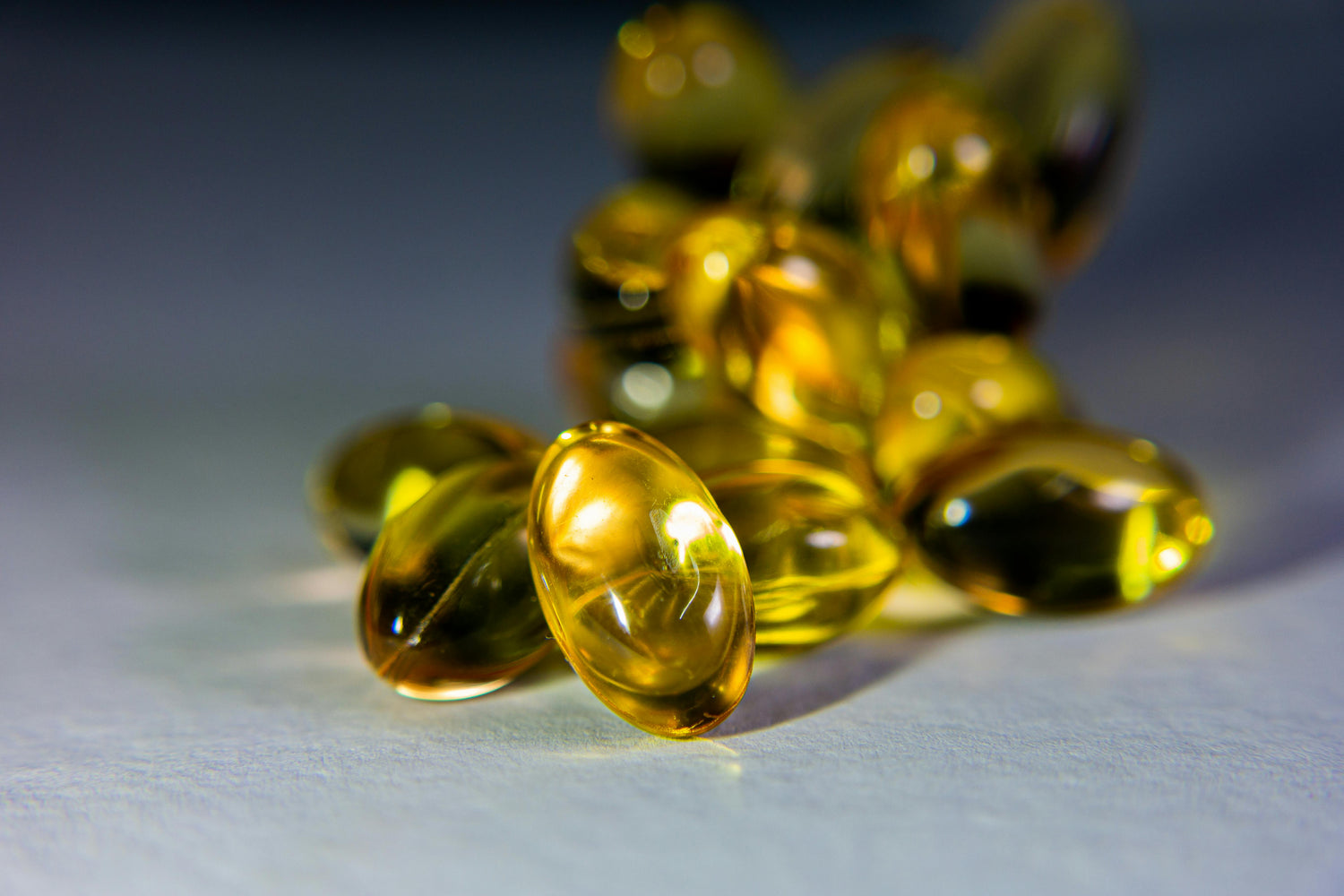
Useful supplements
Omega-3 fatty acids
Effect: Anti-inflammatory, promotes heart health.
When useful: If fish consumption is insufficient.
Benefit: Supports recovery and general health.
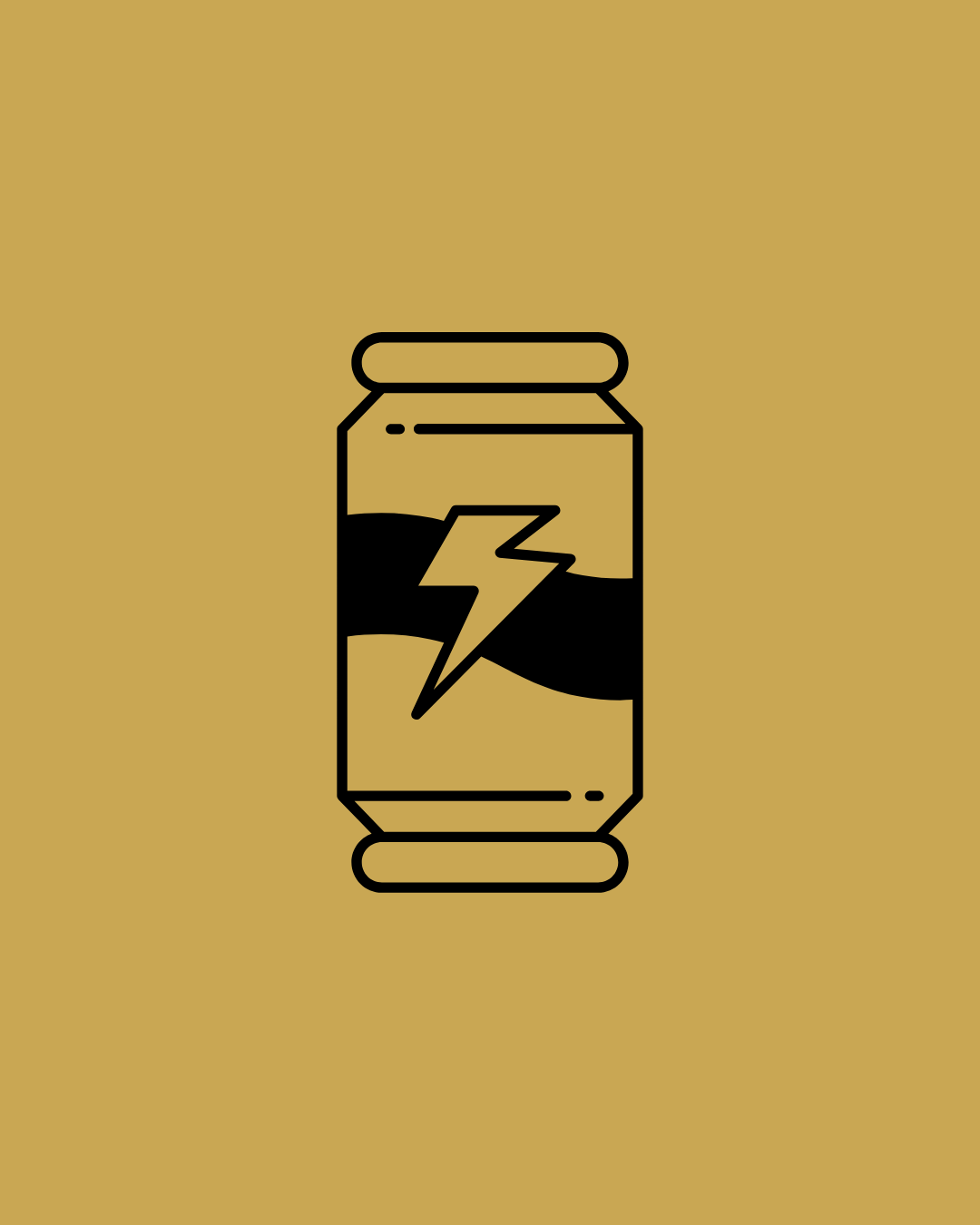
Useful supplements
BCAAs/EAAs
Effect: Support muscle recovery and reduce muscle breakdown.
When to use: During intense workouts or on a low-protein diet.
Benefit: Useful during training.
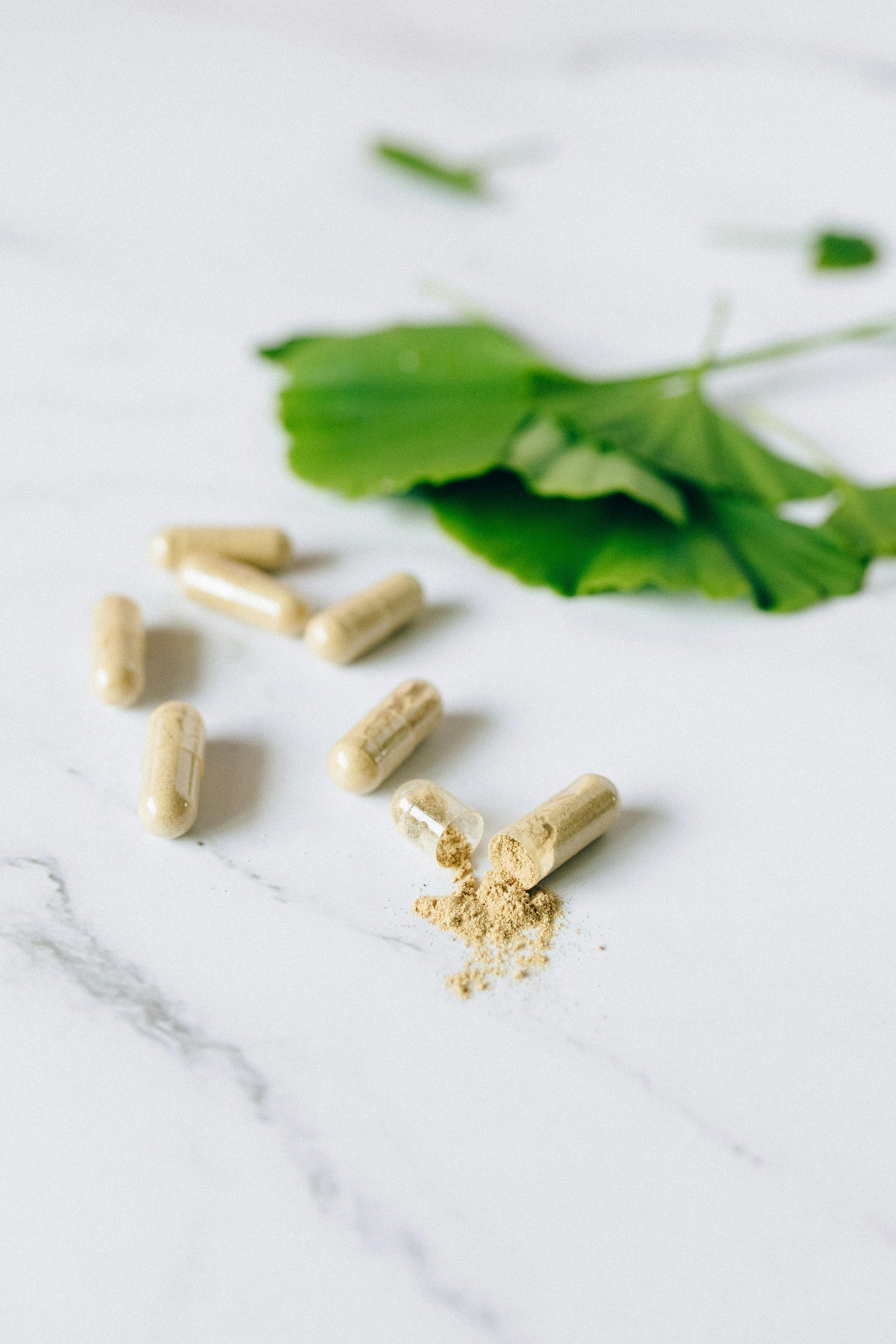
Useful supplements
Vitamins and minerals
Effect: Strengthens bone and muscle function, prevents deficiencies.
When useful: In cases of proven deficiency or low sun exposure.
Advantage: Easy to integrate into everyday life.
💡 Reality check
If you're relying on supplements to replace whole foods, you're missing the point.
While protein powders, creatine, omega-3s, and vitamins can support your goals, they’re not a substitute for a balanced diet.
Use them to fill gaps, not as your primary nutrition strategy.
Overrated or Unnecessary Supplements
-
Fat Burners
Effect: Promise accelerated fat burning.
Disadvantage: Often only stimulating ingredients (caffeine), with little scientifically proven effects.
-
Pre-Workout Boosters
Effect: Increased focus and performance.
Disadvantage: Habituation effect, unclear long-term effects.
-
Detox Products
Effect: Supposedly "detoxify" the body.
Disadvantage: No scientific basis; the body detoxifies itself.
How to use supplements correctly
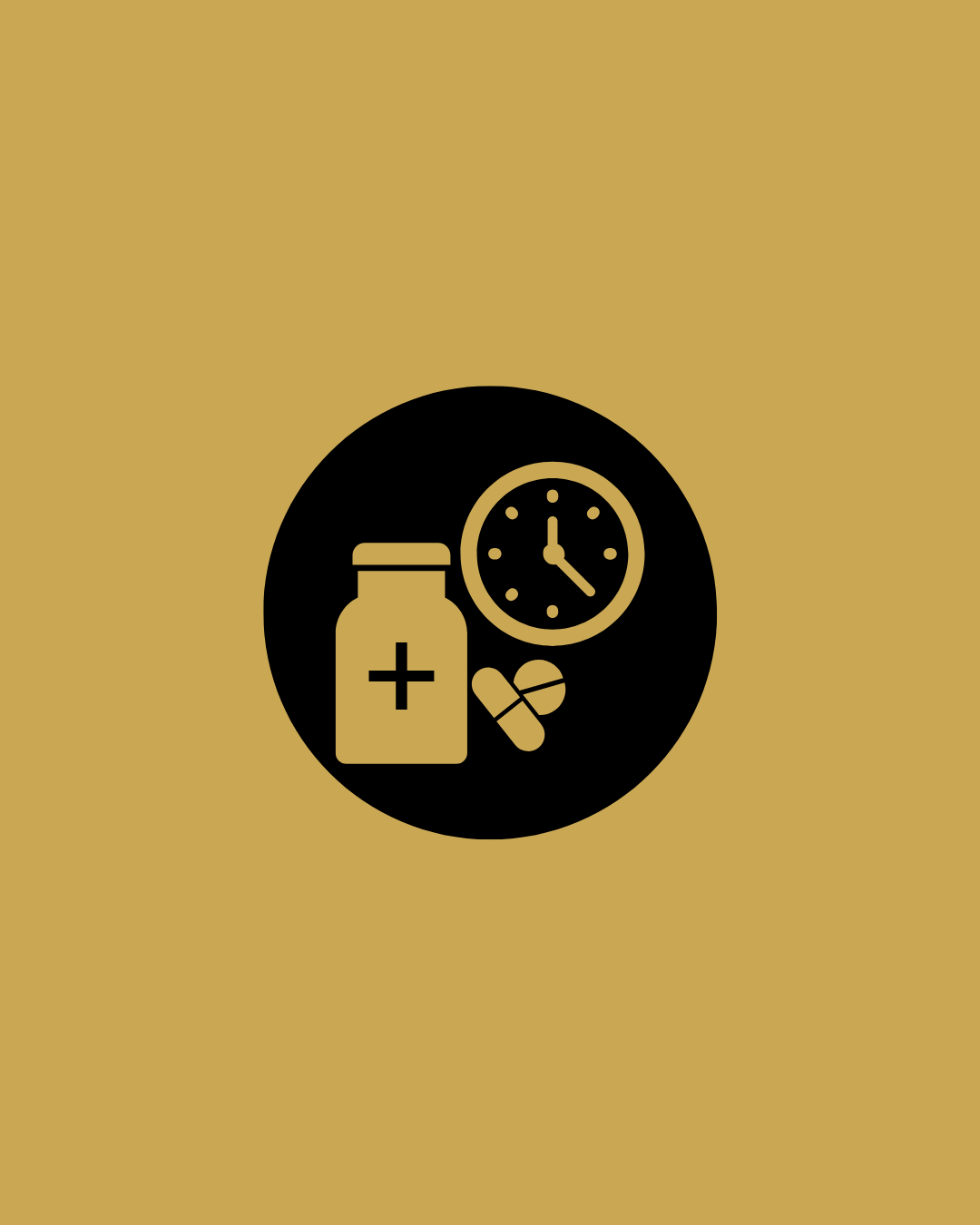
Correct Use
Dosage and timing
Avoid overdoses, pay attention to daily intake.

Correct Use
Combinations
Some nutrients complement each other (e.g., vitamin D with fat), while others hinder absorption (e.g., iron and calcium).
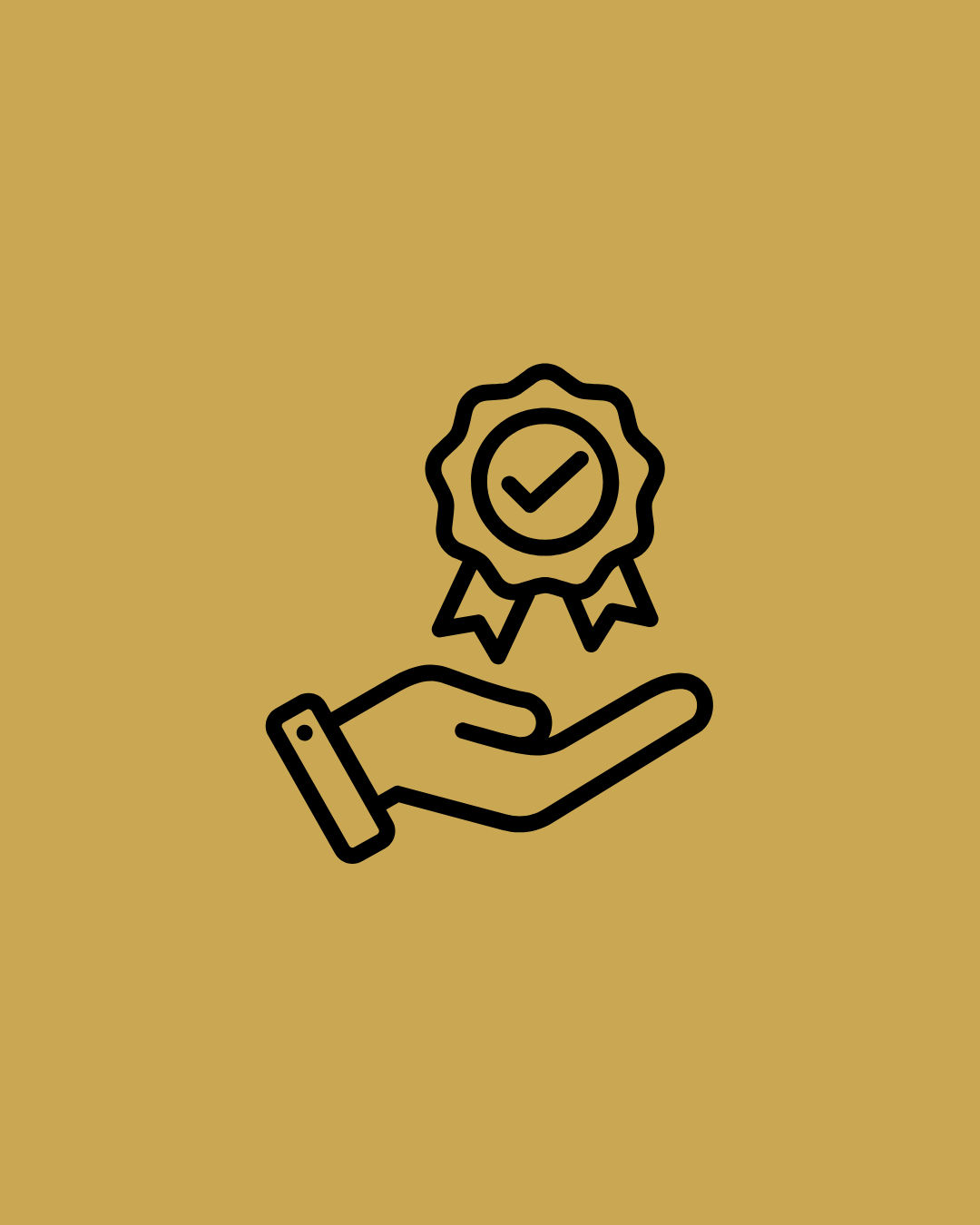
Correct Use
Check Quality
Look for seals and certified quality to avoid inferior products.
Common mistakes when using supplements
-
❌ Overdosing: More isn't always better.
❌ Blindly trusting advertising: Just because it's popular doesn't mean it's effective.
❌ Viewing supplements as a substitute: Food remains the foundation.
Conclusion
Supplements can be helpful when used wisely. But the foundation should always be a healthy and balanced diet.
Opt for quality, do your research, and remember: No pill can replace healthy habits and regular exercise!
